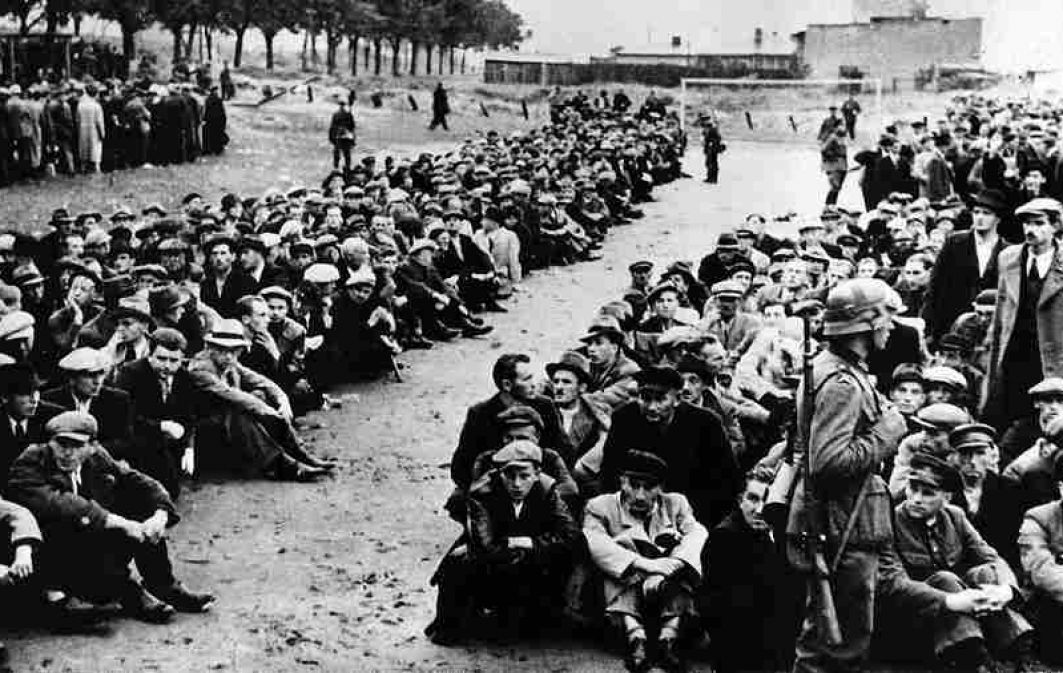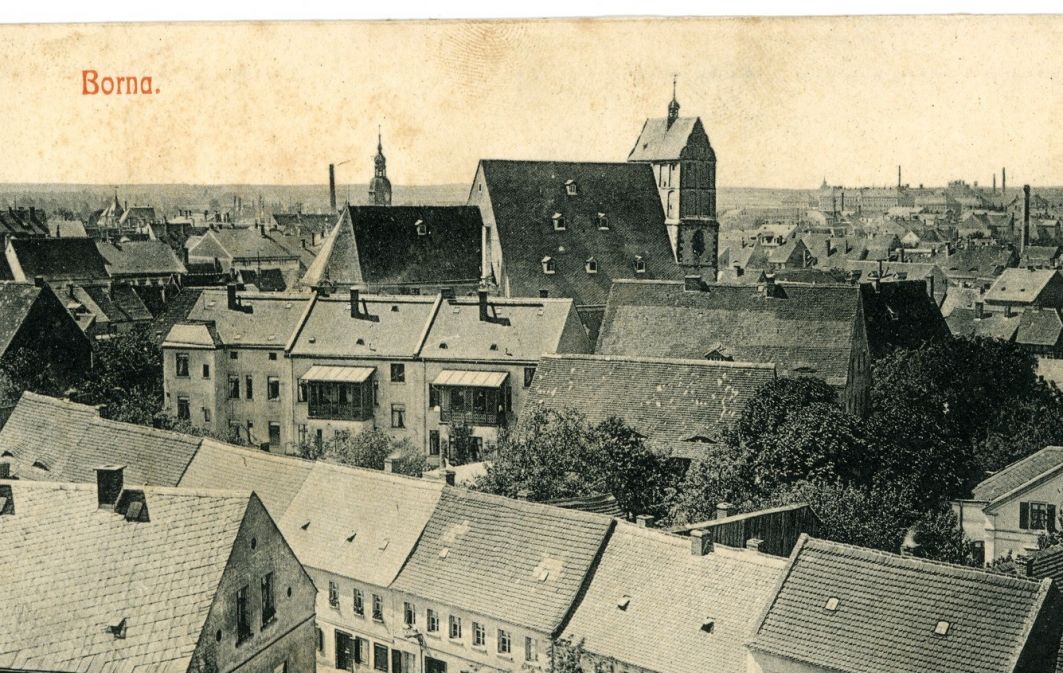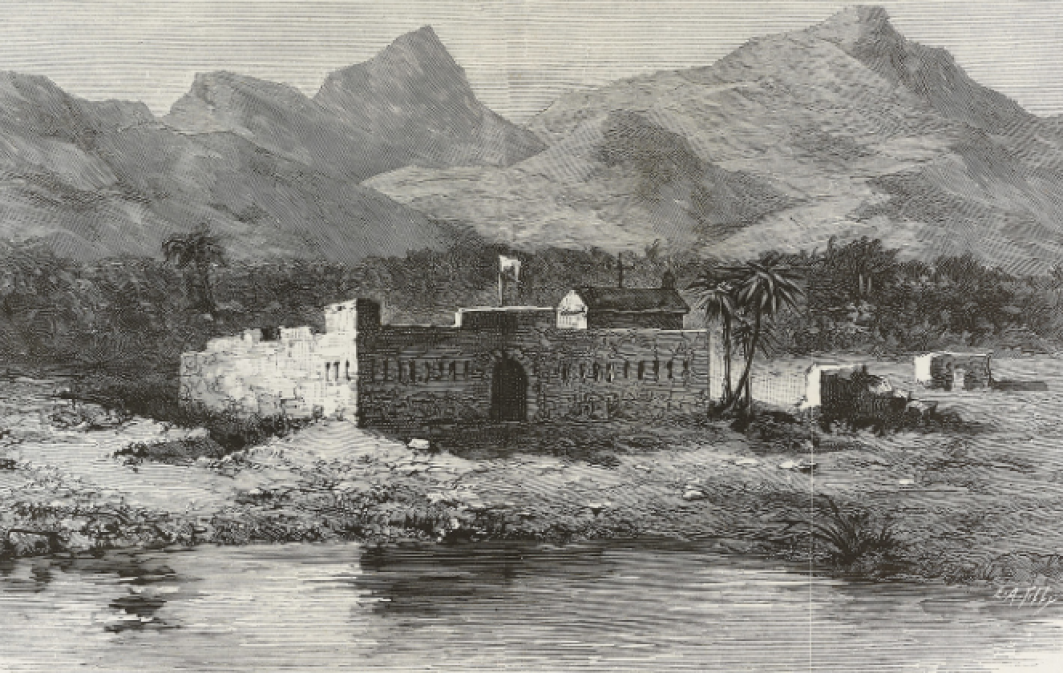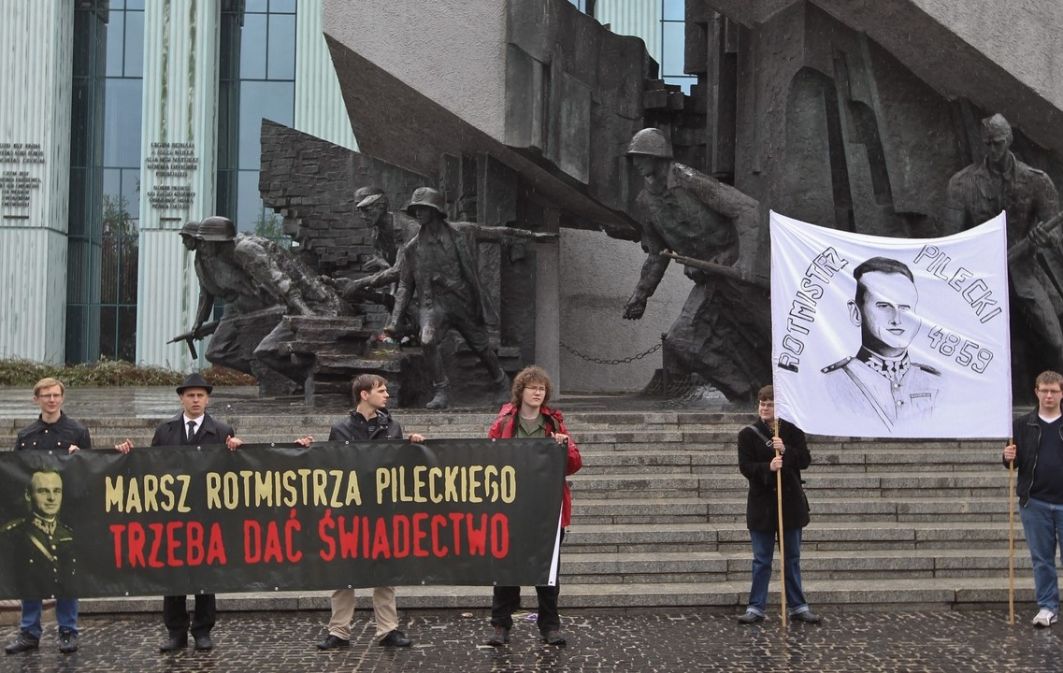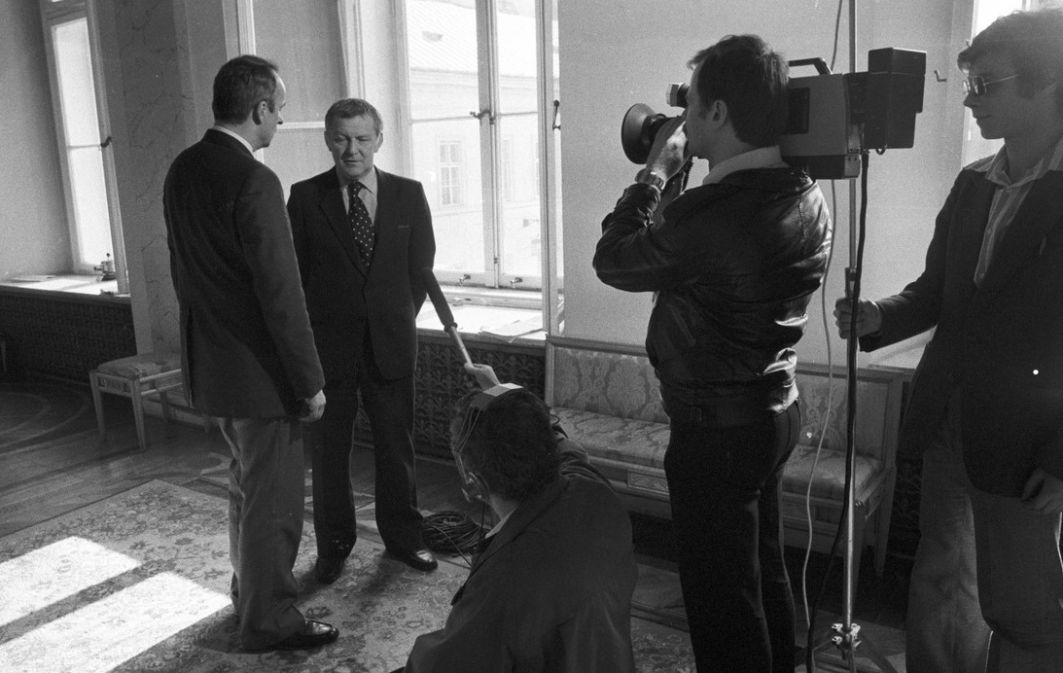 SIGN UP TO OUR PAGE
SIGN UP TO OUR PAGE

The proposal was ignored and there was no response, so he too was clear. Therefore he was not seriously counting on guarantees, and he expected Hitler to be scared. Or the red carpet that had been stretched for him at the London station turned his head. Beck was sensitive to red carpets – France, be it, but England, its guarantees must be serious. Not everything is written in black and white in historical sources, the thoughts of the actors of the events cannot be accessed, let alone the psyche.
Marshal Piłsudski recommended a policy of equal distance towards Germany and Russia. As for Russia, the distance was obvious and natural, as for Germany, the Polish Ministry of Foreign Affairs was impervious to the sirens of the anti-Soviet alliance, at the price of Gdańsk, and even the luxurious three-volume edition of Józef Piłsudski's writings in the Reich did not change it. Before the official proposals were made, for four years there were visits and talks; Herman Göring visited Białowieża every year.
The distance was kept in accordance with the Marshal’s political will, except for the Sudeten crisis, where Hitler could count on a natural Polish protection in the event of an attempt by the Red Army to help Sovietophilic Czechs. And the seizure of Zaolzie did not seem to follow the equal distance policy, although it took place without asking the Germans for their opinion. The Czechs took the same Zaolzie from us earlier, taking advantage of our difficult situation on the front of the war with the Bolsheviks.
The minister's wife, Jadwiga Beck, kept a perfectly equal distance, equally avoiding dancing at diplomatic receptions in Warsaw with Krauts and Muscovites, which she wrote in her memoirs (“I was an Excellency”). This is how she wrote down the nationalities of her neighbors.
The Marshal himself did not have equal distance to the invaders, he went with the Legions against one another. Strength is required to maintain balance and to maintain an equal distance between two enemies. Józef Piłsudski did not have it, having only the Legions. Józef Beck did not have one either, although he thought otherwise. When he crossed the Romanian border on September 17, 1939, he was supposed to say: “I thought I had one hundred divisions behind me but I had a piece of shit.”
Marshal Edward Rydz-Śmigły probably told him about these divisions. In this inventory after the Second Polish Republic, it is necessary to explain why, when speaking of foreign policy, one actually only talks about Józef Beck. The Sanacja created a specific division of powers. As long as the Marshal lived, it is known – with all the most important things, everybody came to him.
After Piłsudski's death, a triumvirate ruled; president Ignacy Mościcki, inspector general of the Armed Forces, Edward Rydz-Śmigły and minister of foreign affairs, Józef Beck. There was, of course, the prime minister, Felicjan Sławoj-Składkowski, who dealt with the administration and contributed to improving the level of hygiene in the countryside, he did not always attend the political talks of the triumvirate. Beck had autonomy in foreign affairs and made many decisions independently.
Maybe too much, but Mościcki represented and graced, and Rydz-Śmigły dealt with the army and waited for the rock-solid presidency after Mościcki. The three of them could not replace one Marshal, although they at least talked to him, Składkowski only reported.
What would the Marshal himself have done in 1938 and in 1939, we asked rhetorically, because there is no other way. There was a joke in the Polish People's Republic in the form of a press announcement: “I will exchange sovereignty for a favorable geographical location”, signed: Poland”. It fits the years of the end of the Second Polish Republic and more. The pincers of this position clench with different force from the reign of Stanislaus II Augustus until today.
–Krzysztof Zwoliński
Translated by Dominik Szczęsny-Kostanecki
TVP WEEKLY. Editorial team and jornalists
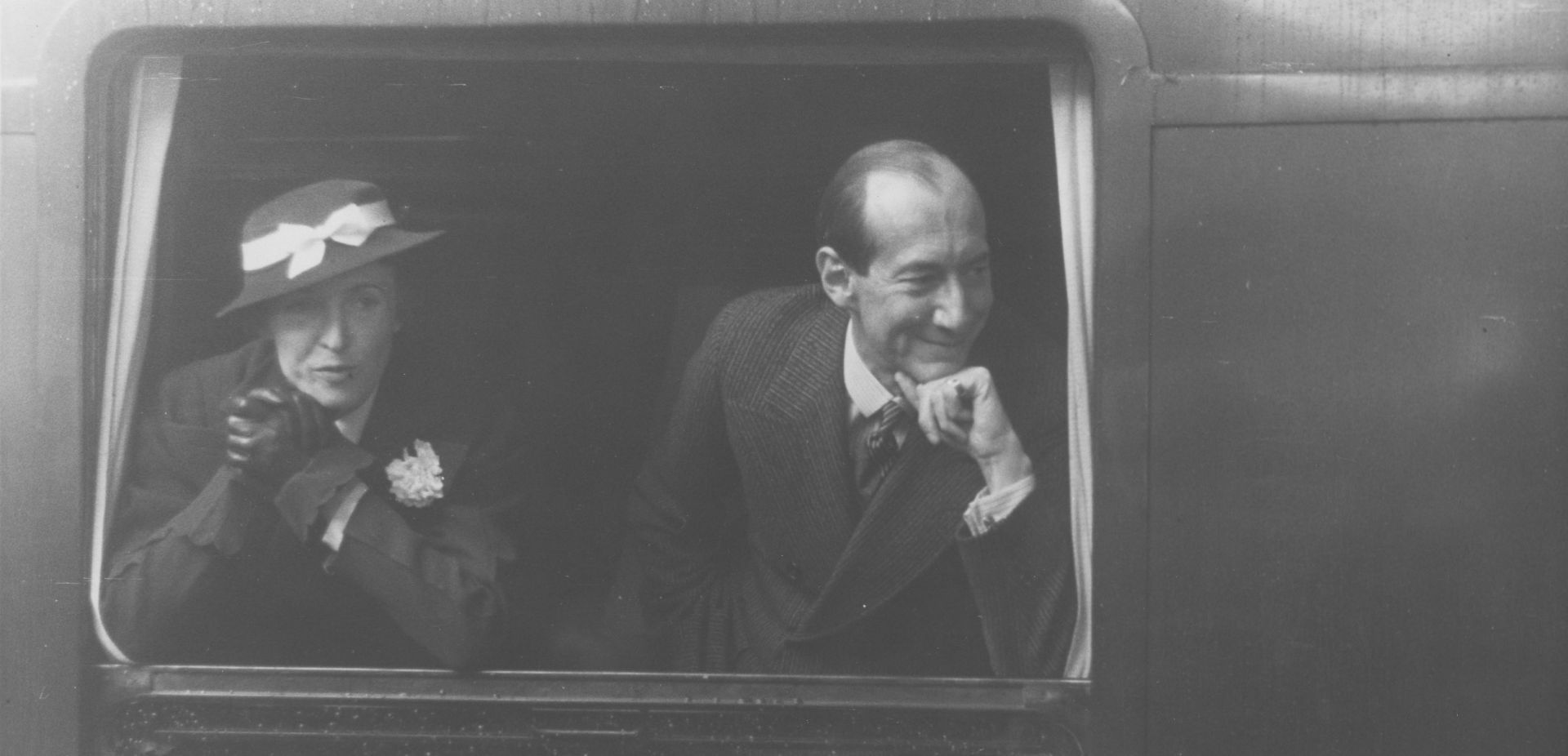
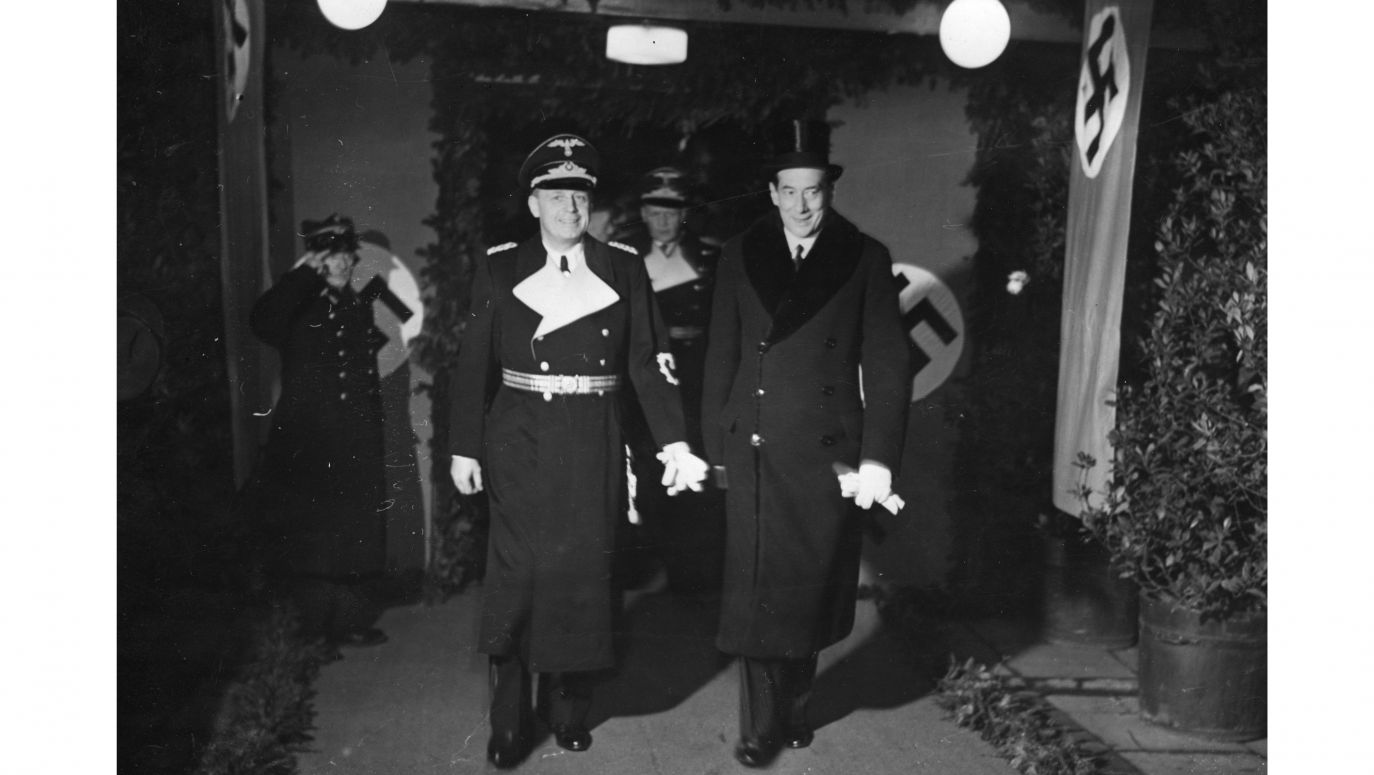
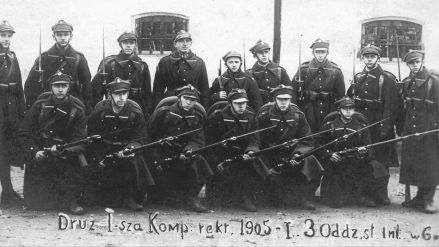
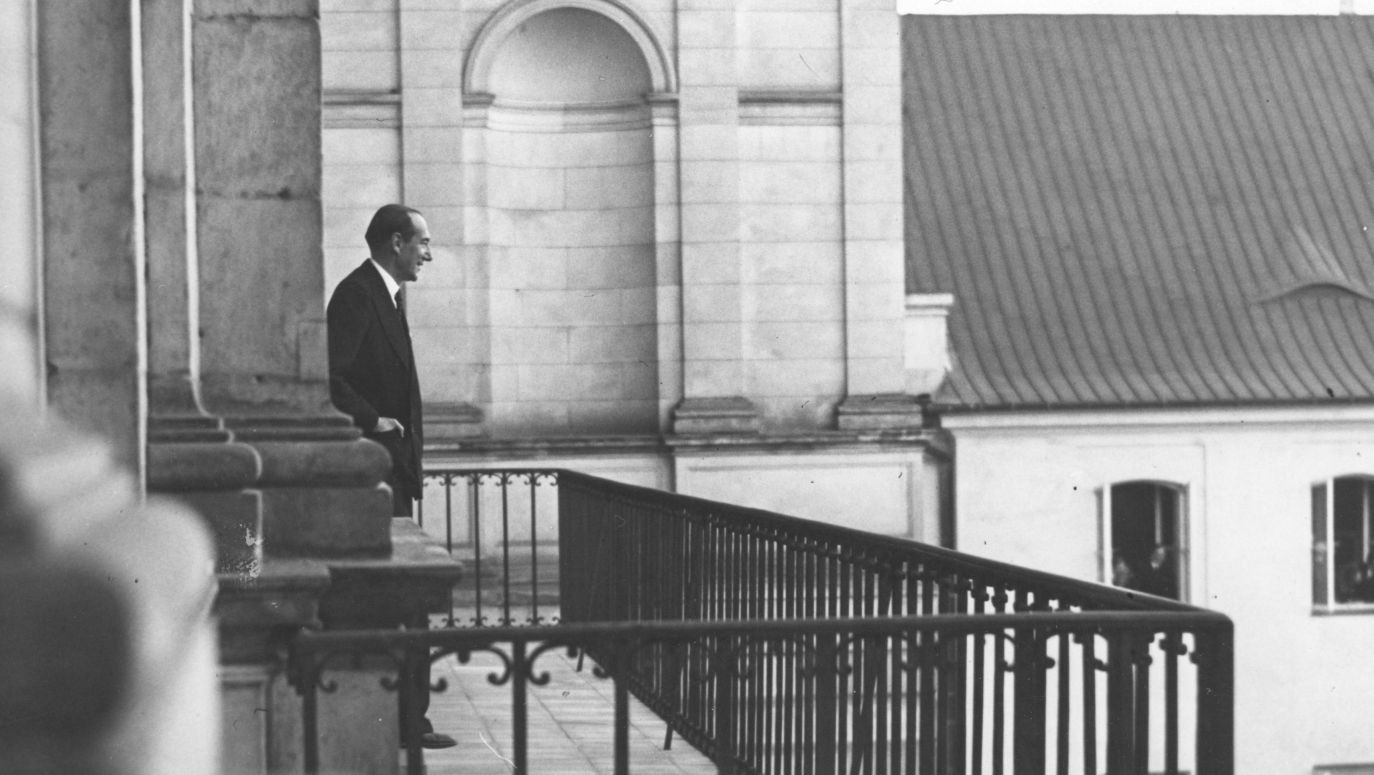
 SIGN UP TO OUR PAGE
SIGN UP TO OUR PAGE
 The proposal was ignored and there was no response, so he too was clear. Therefore he was not seriously counting on guarantees, and he expected Hitler to be scared. Or the red carpet that had been stretched for him at the London station turned his head. Beck was sensitive to red carpets – France, be it, but England, its guarantees must be serious. Not everything is written in black and white in historical sources, the thoughts of the actors of the events cannot be accessed, let alone the psyche.
The proposal was ignored and there was no response, so he too was clear. Therefore he was not seriously counting on guarantees, and he expected Hitler to be scared. Or the red carpet that had been stretched for him at the London station turned his head. Beck was sensitive to red carpets – France, be it, but England, its guarantees must be serious. Not everything is written in black and white in historical sources, the thoughts of the actors of the events cannot be accessed, let alone the psyche.